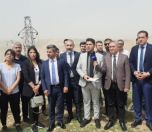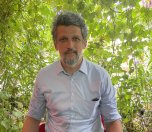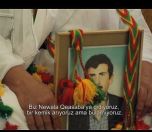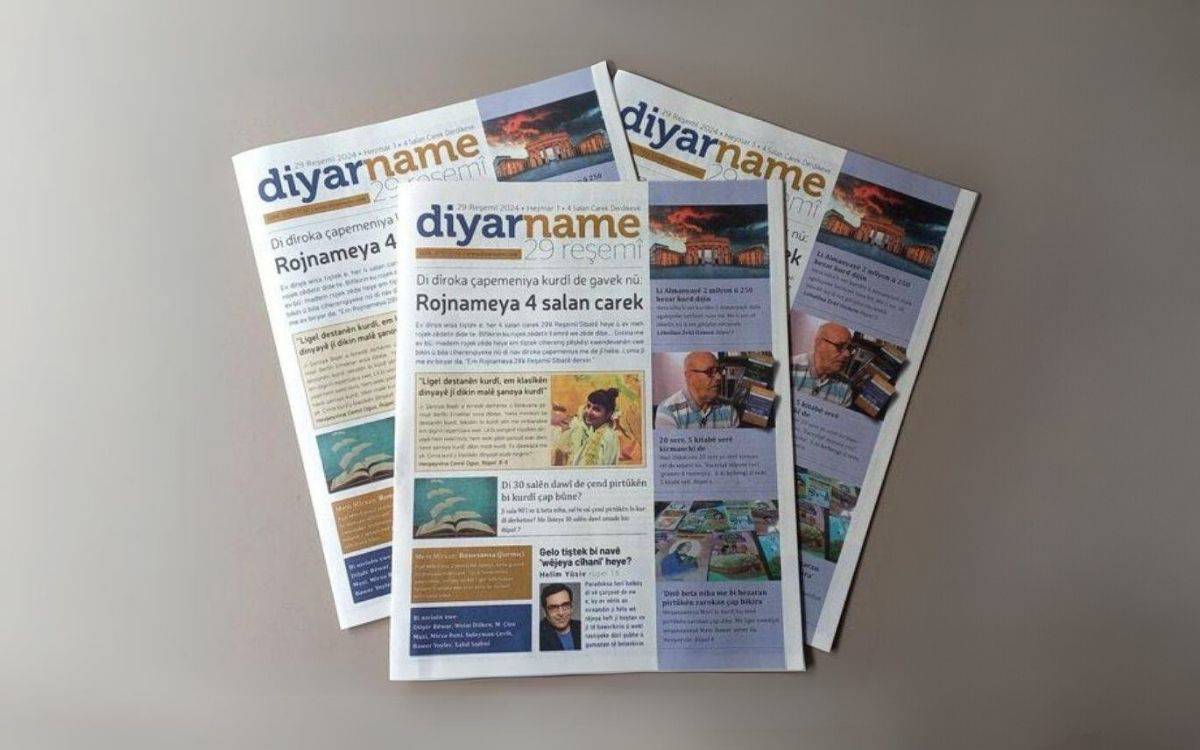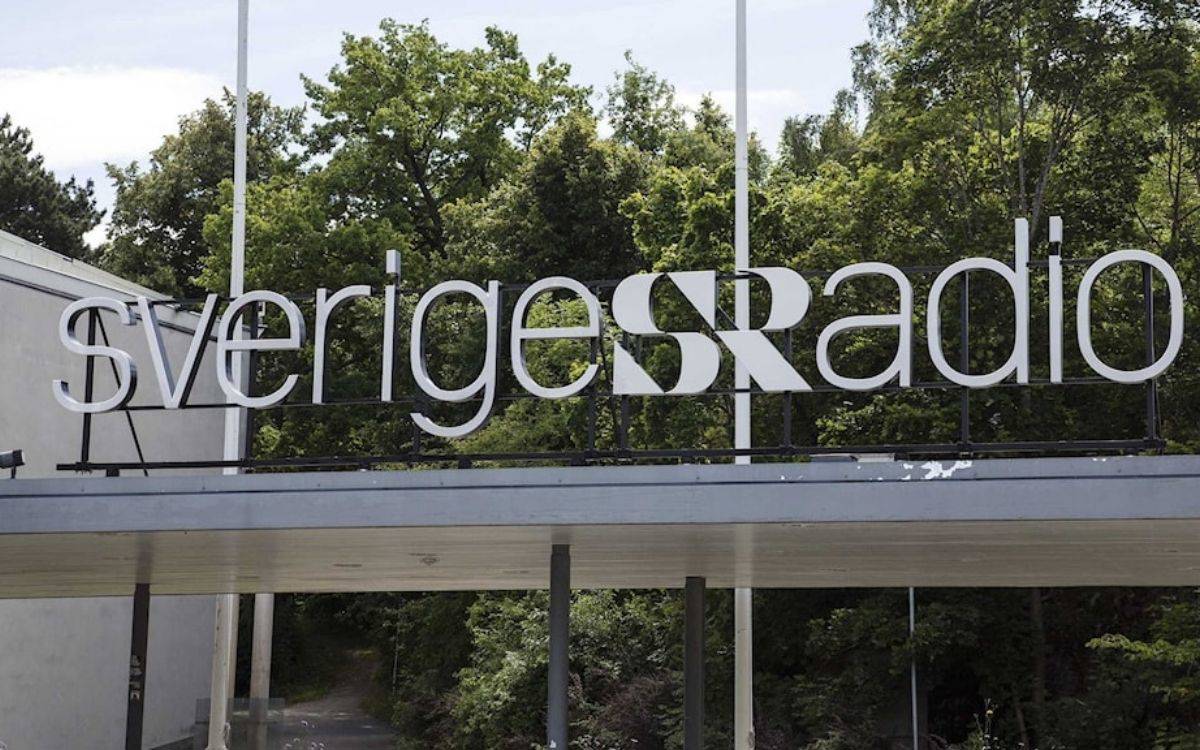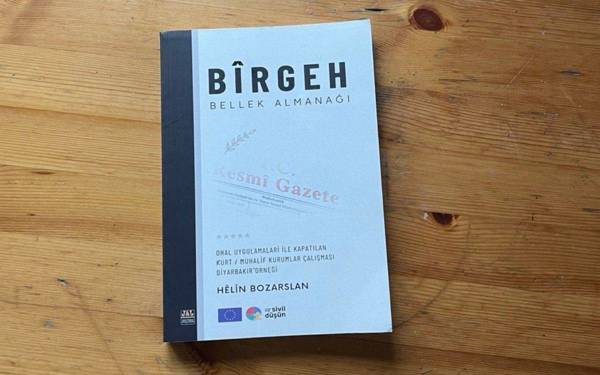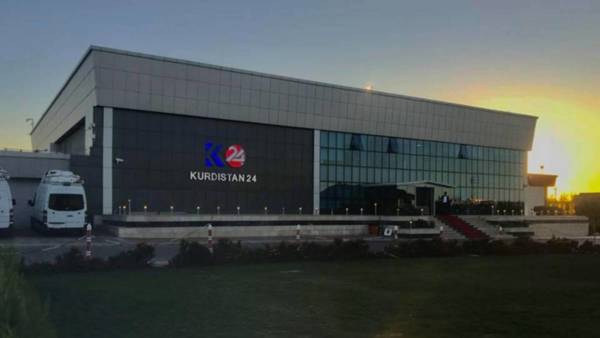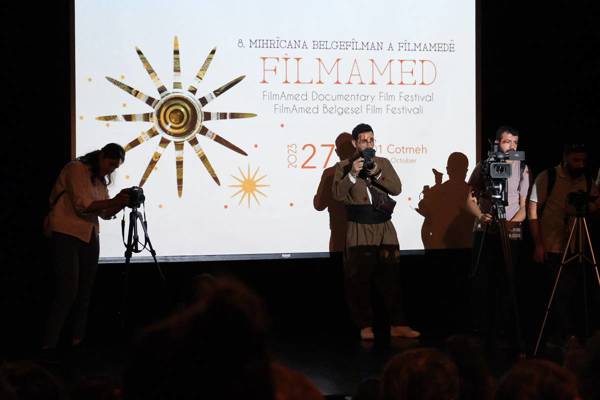Click to read the article in Turkish / Kurdish
After graves were found near the Kasaplar Stream (Newala Qesaba in Kurdish, which literally translates as Butchers' Stream) in 1989, excavation works were carried out but only to be halted by the orders of the Governor's Office of Siirt, a predominantly Kurdish-populaed province in the country's southeast.
Since then, no works have been carried out about the graves near the Kasaplar Stream. Eight bodies were uncovered during the excavation, but their identities were not investigated.
According to statements by Evin Çiçek, a former executive of the Human Rights Association (İHD) Siirt Branch, and a report by journalist Günay Aslan, there are hundreds of bodies of hundreds of Kurdistan Workers' Party (PKK) guerillas near Newala Qesaba.
From time to time, Kasaplar Stream became a talking point because of construction permits and works carried out according to these permits. Human rights organizations' statements that bodies in the area would be damaged because of these works carried out by earthmovers were left unanswered.
According to reports in the press, construction works near Kasaplar Stream have started again recently.
Prof. Ümit Biçer, a forensic scientist, said these works should be stopped immediately for the bodies to be found and recovered. He said the rules to be followed in these works are in the Minnesota Protocol and they should be carried out accordingly.
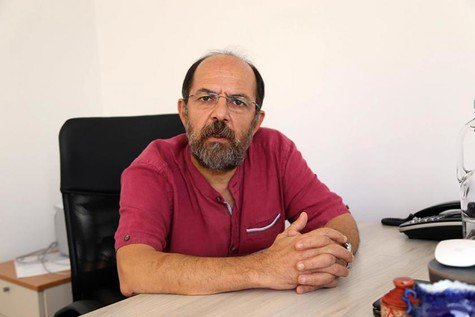 Prof. Ümit Biçer (Photo: MA)
Prof. Ümit Biçer (Photo: MA)
The ethical and legal standards
Speaking to bianet, Biçer said, "First of all, the area should be protected and a process with the participation of independent experts should be carried out with the methods specified in the Minnesota Protocol or recommended by the Swiss Red Cross," adding that the scientific, ethical and legal standards of the examination "need to be drawn very well."
"It is essential that there are experts who are qualified and in [a sufficient] number to carry out the examination. If the state is responsible [for the examination], at least the representatives of the people killed/alleged who died here, and the experts suggested by their attorneys should also be involved.
"The works should be carried out open to the supervision and participation of these experts during both the execution phase and the evaluation, discussion and reporting phases.
"This process, on the other hand, must be quick. Because it is important to reveal the truths that people expect here and to finish the work related to them. It is essential not to damage the feeling of trust from start to finish.
"In terms of forensic medicine, an appropriate laboratory and a team specialized in what to do with the bodies when the bodies are reached are needed."
Respect for the deceased
"This process should be carried out from start to finish with respect to both the deceased and their loved ones. Because we remember what happened when ... bodies were sent to families and when they were buried.
"What is essential here is to carry out works as described by the international law when resolving an issue for which the state is allegedly responsible.
"The standards of forensic medicine should be in accordance with those determined by the United Nations or Jordan Decisions or the Convention on Disappearances, the legal boundaries of which were drawn by the ECtHR."
""Apart from this framework, I can say that forensic medicine study is not only a technical study ... and if part of the evidence found is related to a crime, the works should be carried out meticulously in order to associate them."
"The site needs to be protected"
Construction in the area should be halted in order to protect bodies and evidence, the professor said, adding the preparations to how the examination would be carried out in the area should be made.
About the examination methods, he said, "Sometimes, ground radars can be used to search for bones, and soil samples can be taken. It is necessary to determine where those bodies are located, as well as to determine what material will be used."
Not only the recent construction works, but also the buildings that were previously built should be discussed, Biçer noted. "When it comes to buildings, discussions, including the demolition of those buildings, need to begin. But, first of all, it is necessary to put the site under protection and decide what to do there and to include the people who have their loved ones there. (FD/VK)




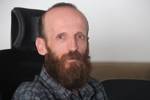
.jpg)
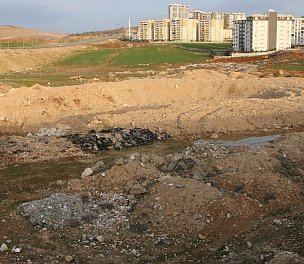
.jpg)
